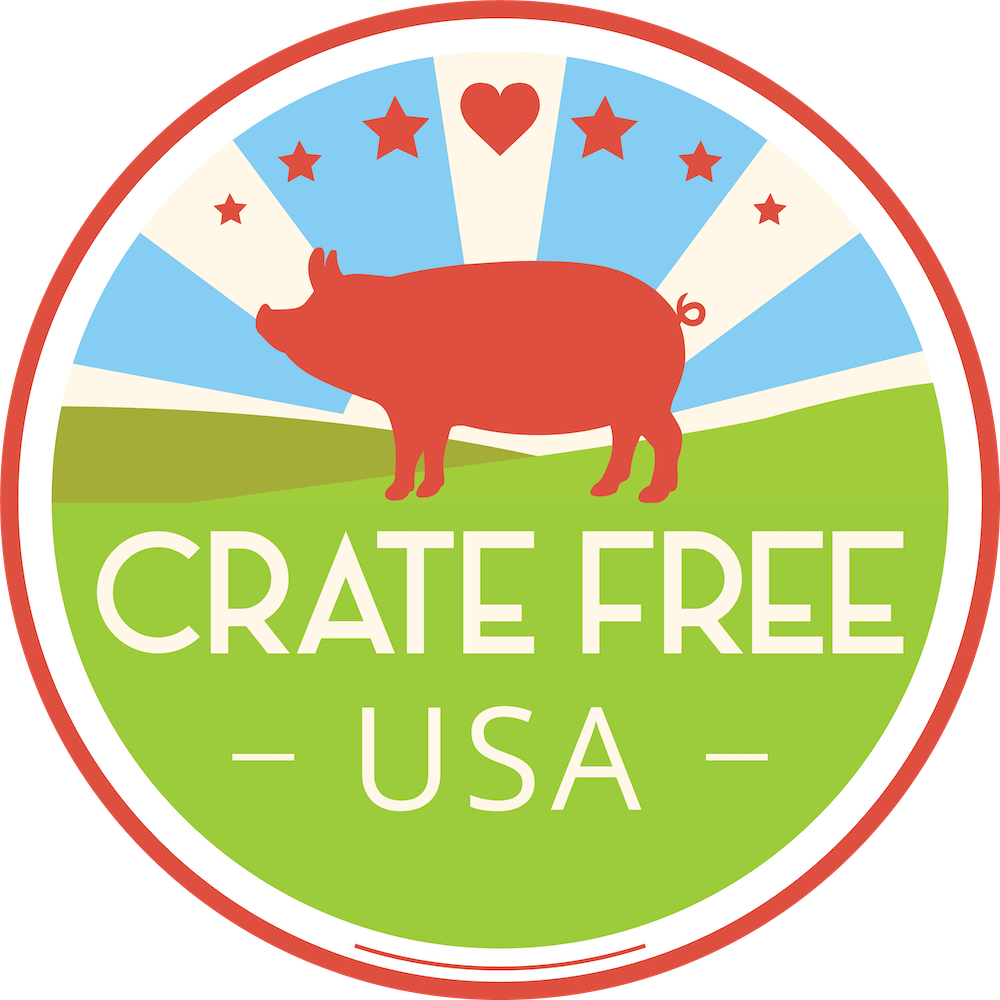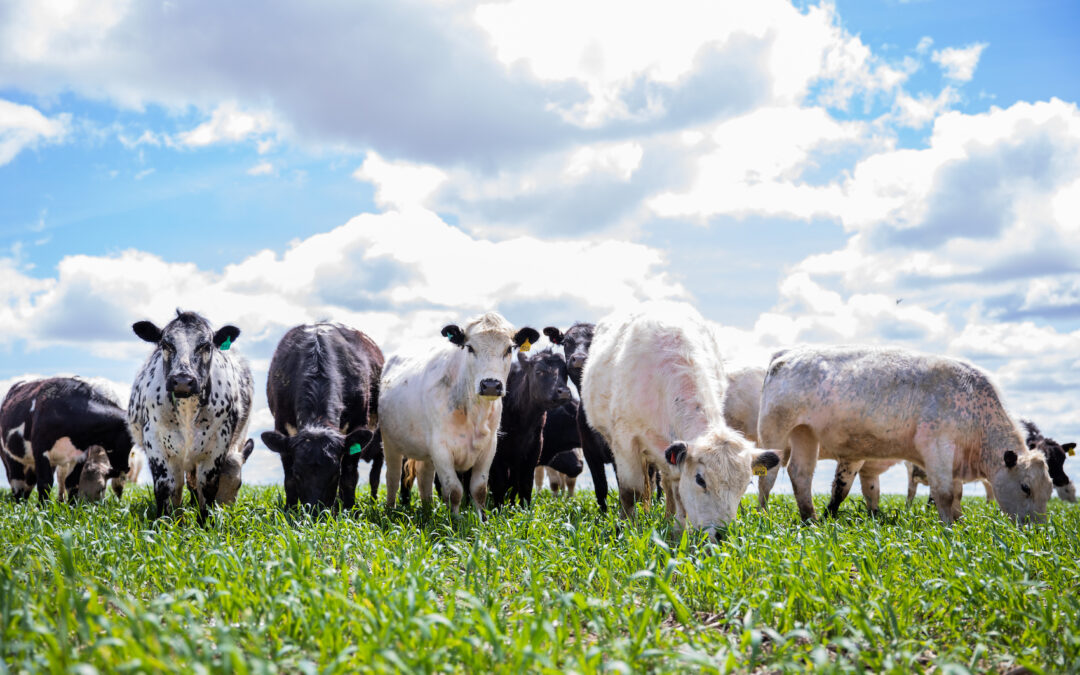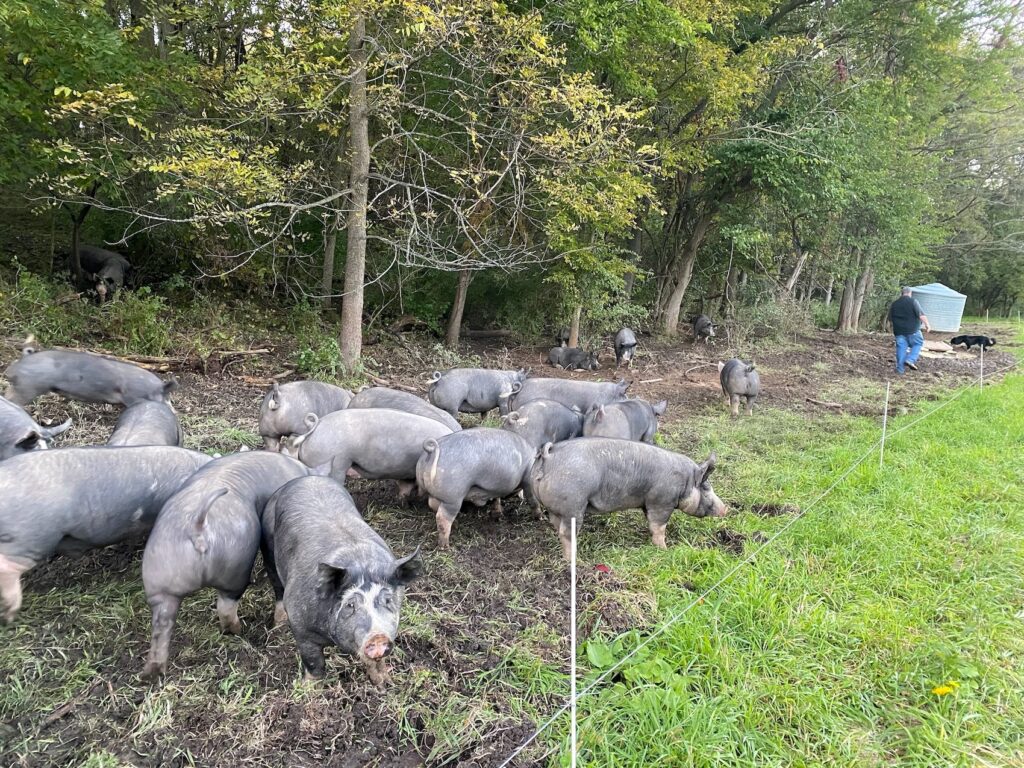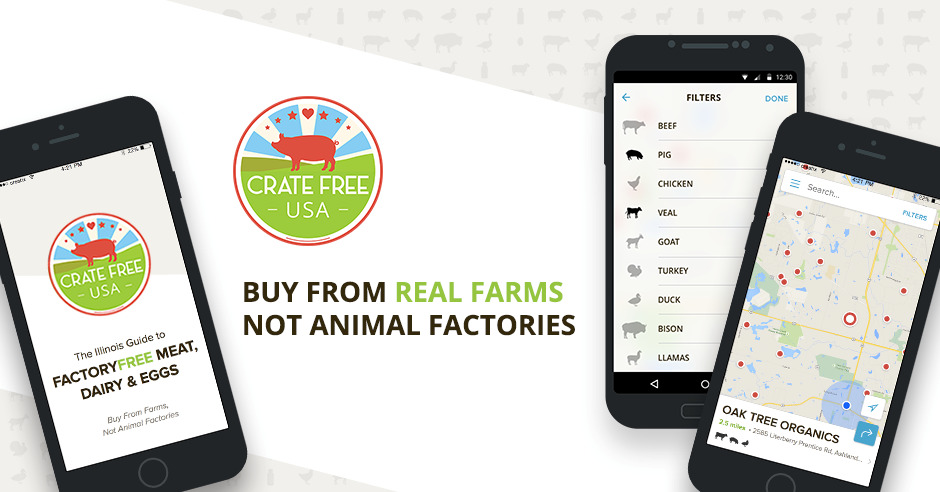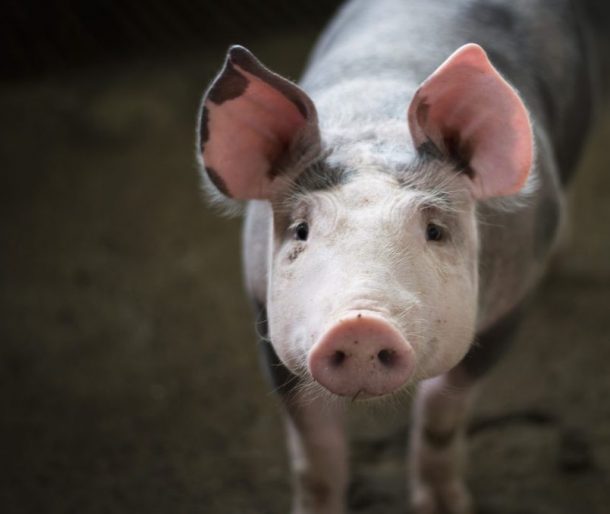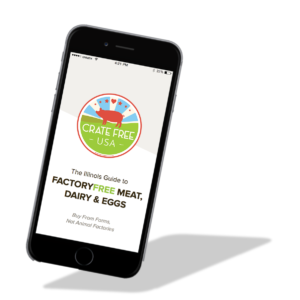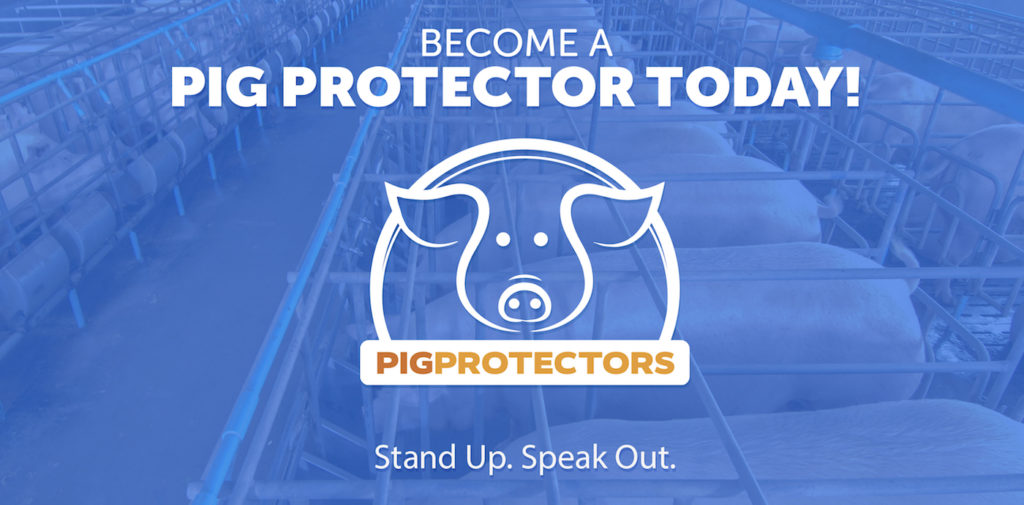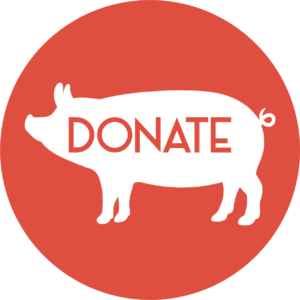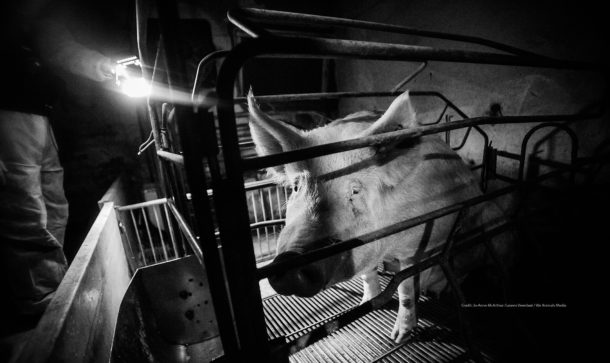At Crate Free USA, our mission is to improve the lives of animals raised for food. And since the vast majority of Americans still eat meat, the best way to do this is to shop from local farmers who care about the animals they raise far more than the huge factory farms and corporations who own so much of the food industry today. While we do promote a reduction of meat in your diet, we also support our local farmers who raise animals more humanely and sustainably.
It’s easy for you to find a local, sustainable farmer near you in Illinois.
Just download our free mobile app!
Monte Bottens is a farmer from Cambridge in Northwest Illinois. At Bottens Family Farm, he practices long term no-till, cover crops, and now integrated livestock on 2,800 acres. He grows non-GMO and food grade corn and soybeans along with small grains, specialty crops, hay, and grazing crops. He is the owner of Grateful Graze, a direct to consumer beef, chicken, pork and eggs business, founder of California Ag Solutions and Ag Solutions Network, host of the AgEmerge Podcast and a regenerative AgTech investor.
Tell us about your farm: (kind of animals? Rough size of farm? Cage-free? Pasture raised?)
We farm 2500 cropland acres and 226 pasture/timber acres and raise non-GMO Corn (food grade and for feed), non-GMO soybeans (standard and high protein), winter wheat (direct sale and commodity), triticale (cover crop seed), and winter barley (cover crop seed). We also raise and sell grass-fed & finished beef, timber-raised pork, pasture raised chicken, and pasture-raised eggs.
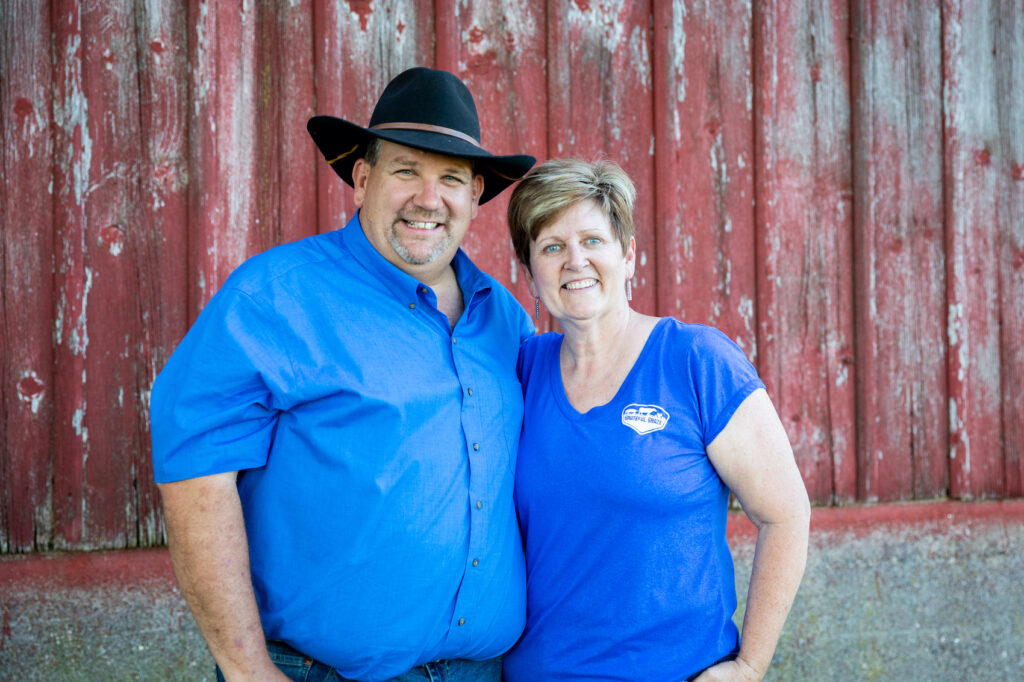
Monte and Robyn Bottens of Grateful Graze
How did you first become involved in farming?
I started when I was 5 years old with feeder pigs and started row crop farming at 16.
Why is farming sustainably and humanely important to you?
It’s the right thing to do! We are focused on regenerating our soils to improve not just sustain. Humane raising is about utilizing the animals natural behavior to mimic nature.
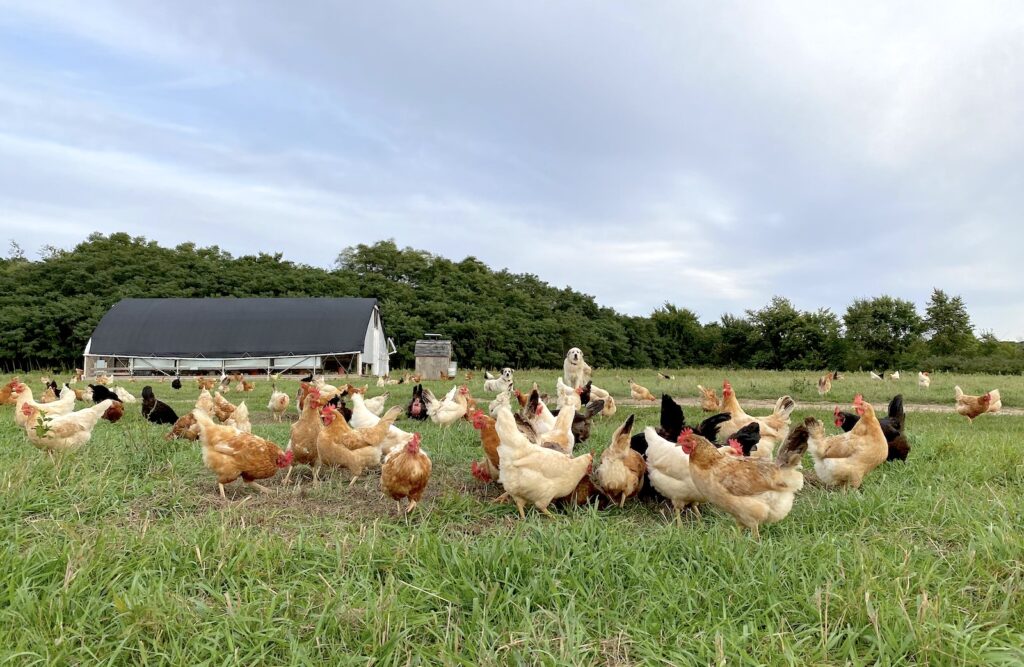
Laying Hens and Mobile Coop at Grateful Graze
How have the economics of farming changed in the last several years and how has it affected you? What further changes are you anticipating?
Yes they have. Commodity crop prices have been high which makes it hard for the pasture proteins to compete for cropland. That is changing again for the foreseeable future making diversity and livestock an attractive alternative.
What are your views on extreme confinement and gestation crates for pigs?
I purchase feeder pigs at 50 pounds of weight from a farmer who farrows on pasture. The consumer wants cheap food and a CAFO delivers that. However, many costs are externalized to the environment from nutrient concentration, water quality, air quality, quality of life, and neighboring property value reductions. Next is the cost of the quality of the product produced. Nutrient density, hormonal/cortisol levels from stress and additional values that are not accounted for.
Would you support a bill to extreme confinement? Why or why not?
Something to consider would be technology investment, market access, subsidies, and other techniques that would address the cost differentials of confinement pork. Plus accounting for the externalized costs of CAFOs would help with the differential. Allowing consumers the ability to choose truly priced meat from both confinement or pasture with all costs of confinement added and all efficiencies and support for pasture added would bring the cost differential closer.
What is your current slaughter process? What do you think about mobile abattoirs and is that something you would potentially use?
We take our cattle and hogs two hours away to a USDA plant. Chickens are 3.5 hours away to a USDA plant.
We would use mobile, but the efficiencies of mobile have not proven to be a successful business model, plus the people working in a mobile system have long commutes or overnights that the workers are not interested in.
What can consumers do to help improve the lives of all our farm animals?
Food will change when consumers choose to buy better food raised right. Consumer awareness of differences combined with truthful and clearly understood labels would help facilitate change.
Is there anything else you’d like to share?
I believe in free choice. If farmers understand the impact of what they do and know that there is a better way to do it, they likely will.
If consumers understand the impact of their choices and make better choices for themselves, the environment, animals, they likely will. Reward the right practices and things will change.
How do you market and sell your products? How can people shop with you/find you? Can they visit the farm?
We currently sell on our website GratefulGraze.com. We offer home delivery, UPS shipping and farmer’s market pickups. Everyone is welcome to visit the farm. Appointments are necessary because there is always something going on.
The Illinois Guide to FACTORY-FREE MEAT, DAIRY, & EGGS
